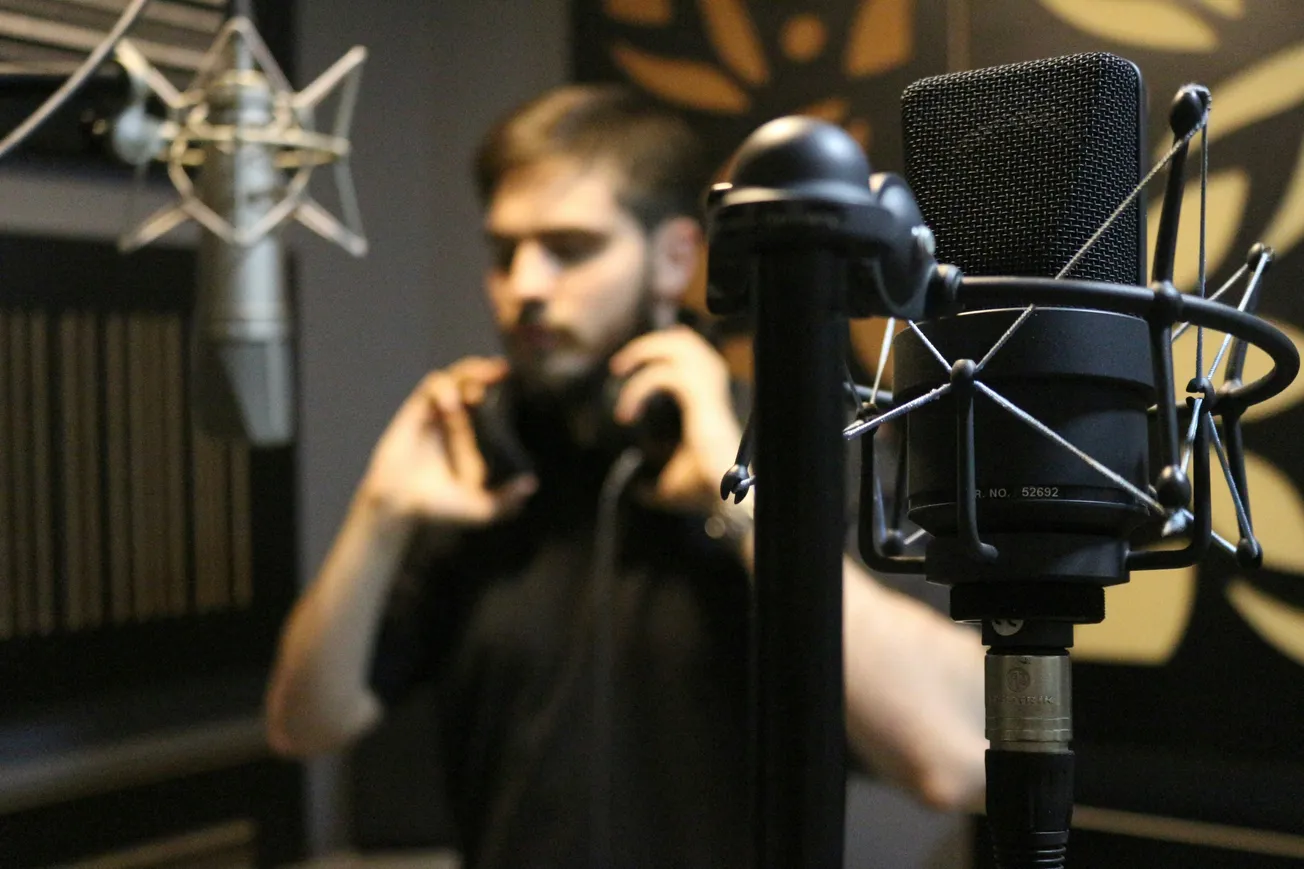Trust in traditional news media is at an all-time low, with the Pew Research Center’s News Media Tracker revealing partisan divides and widespread news media distrust.
This distrust has driven audiences away from mainstream media toward alternatives they see as more authentic. One of the trends in Pew’s research is the rise of podcasts as news sources, with nearly a quarter of U.S. adults now getting news at least sometimes from podcasts, especially younger listeners who crave a connection with hosts.
Even in a time of skepticism, many people view news podcasts as a trusted news source that feels transparent and relatable. Pew’s latest data can help explore why people trust podcasts for news, how this shift is changing the media landscape and what it means for the future of journalism in a polarized information age.
Podcasts’ Growing Role in News Consumption
According to a 2022 Pew Research Center survey, 49% of U.S. adults reported listening to a podcast in the past 12 months, indicating significant engagement with this medium. Two-thirds of adults who have listened to a podcast in the past 12 months also say they have heard news discussed on those podcasts.
Younger listeners are more likely than their elders to say they listen for entertainment or to have something to listen to while doing something else, while older listeners are more likely to turn to podcasts to stay up to date about current events.
The appeal of podcasts is their convenience and the depth of content they offer. Many listeners appreciate the ability to engage with topics in a more in-depth and personal manner compared to traditional media formats. This shift in consumption habits underlines the growing importance of podcasts in the media landscape.
Trust-Building vs. Misinformation Risk
While news podcasts have become a trusted news source for many Americans, they also pose significant challenges when it comes to misinformation and editorial oversight. Pew Research Center mentions the low barriers to entry in podcasting in its studies.
Anyone can publish content without the fact-checking or ethical standards often required in mainstream media and journalism. This openness can foster authenticity and niche engagement, but it also allows for echo chambers and partisan content that reinforce existing biases.
According to AP News, podcasts are often used to spread campaign messaging and disinformation in U.S. elections. Additionally, academic research shows the intimate, conversational style of podcasts can make listeners especially receptive to persuasive or misleading narratives.
Pew’s News Media Tracker said as audiences lose faith in traditional outlets, they may not always apply the same critical evaluation to newer, less regulated formats, making it essential to balance trust-building with accountability in the evolving media landscape.
The Future of News Delivery
As mainstream media faces declining trust, many news organizations are embracing podcasts as a vital strategy to reconnect with audiences. The Pew Research Center’s State of the News Media Project highlights how legacy outlets are launching branded news podcasts that prioritize authenticity, personality-driven storytelling and in-depth conversations.
These formats aim to restore credibility by offering transparency and creating a more personal bond with listeners who feel alienated by traditional news.
Pew’s findings also show that news consumption habits are shifting, especially among younger adults who expect on-demand, personalized content. This offers opportunities for both established newsrooms and independent creators to build trusted news sources, but it also raises the bar for editorial standards in an unregulated audio space.
As podcasts become a core part of the media landscape, the challenge will be to balance authentic engagement with responsible journalism, ensuring they help rebuild trust rather than deepen divides.
Balancing Trust and Responsibility in the Podcast Era
As trust in traditional news media continues to erode, podcasts have emerged as a powerful alternative for audiences seeking authentic, personalized news. Pew Research Center’s data shows that while news podcasts offer opportunities to rebuild media trust through deeper engagement, they also demand new standards of responsibility to combat misinformation.
The future of journalism will depend on finding this balance, leveraging the power of audio to inform and connect while maintaining the ethics that sustain public confidence.









